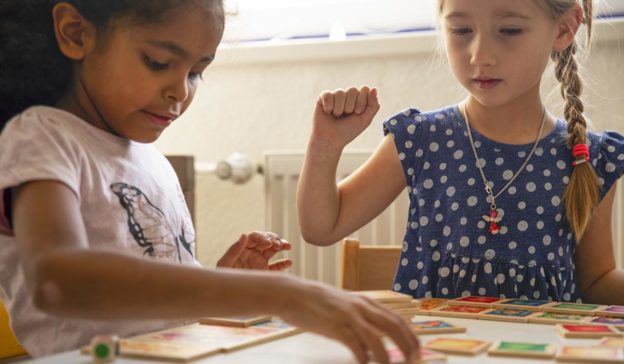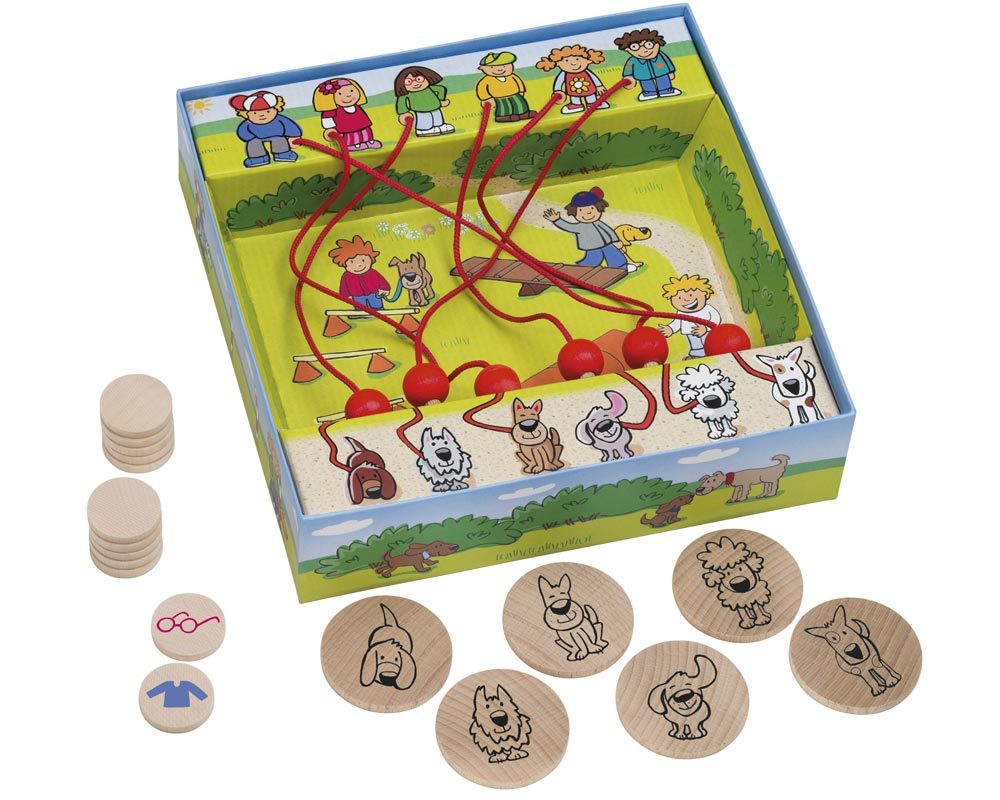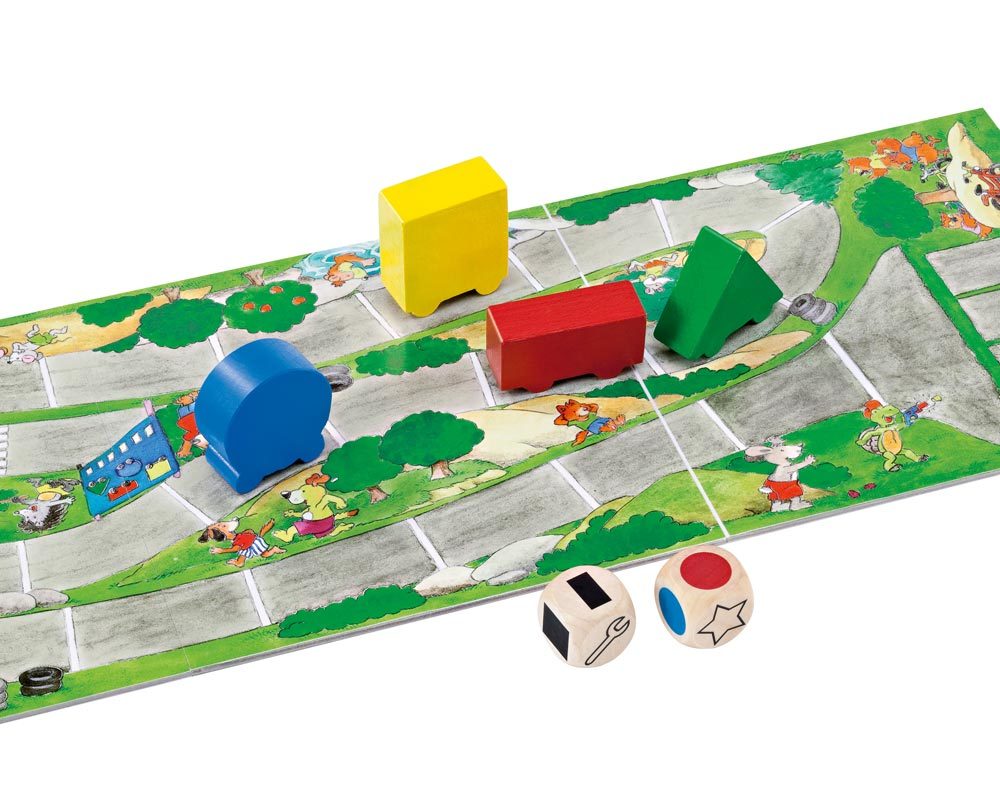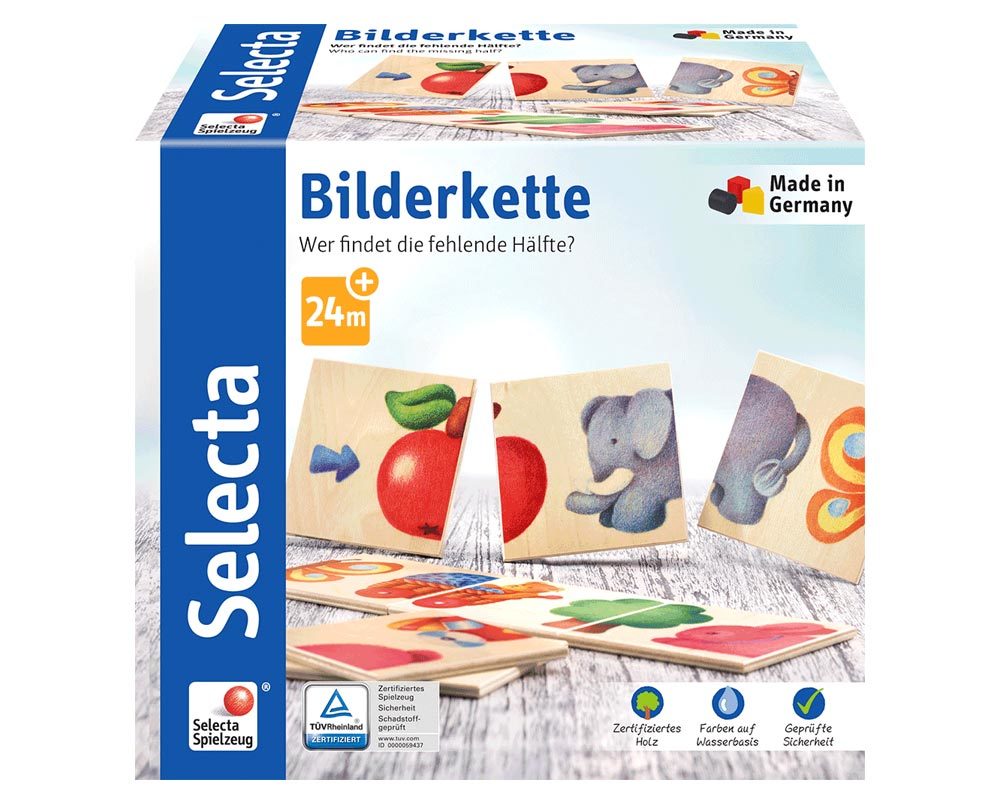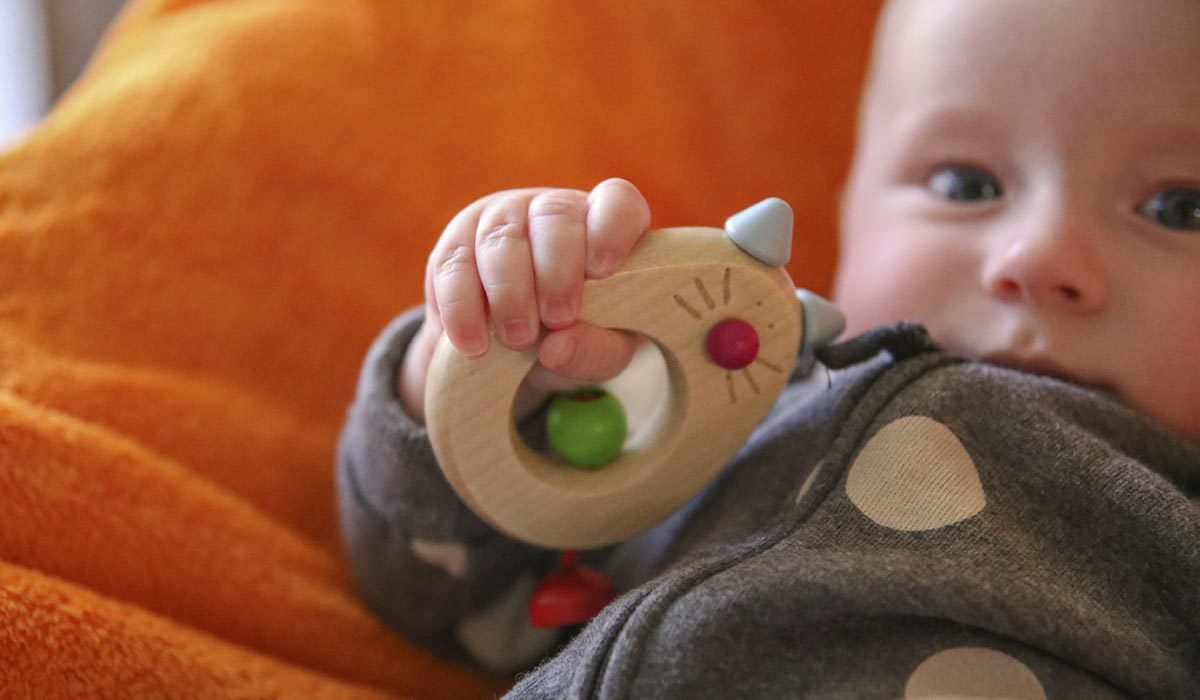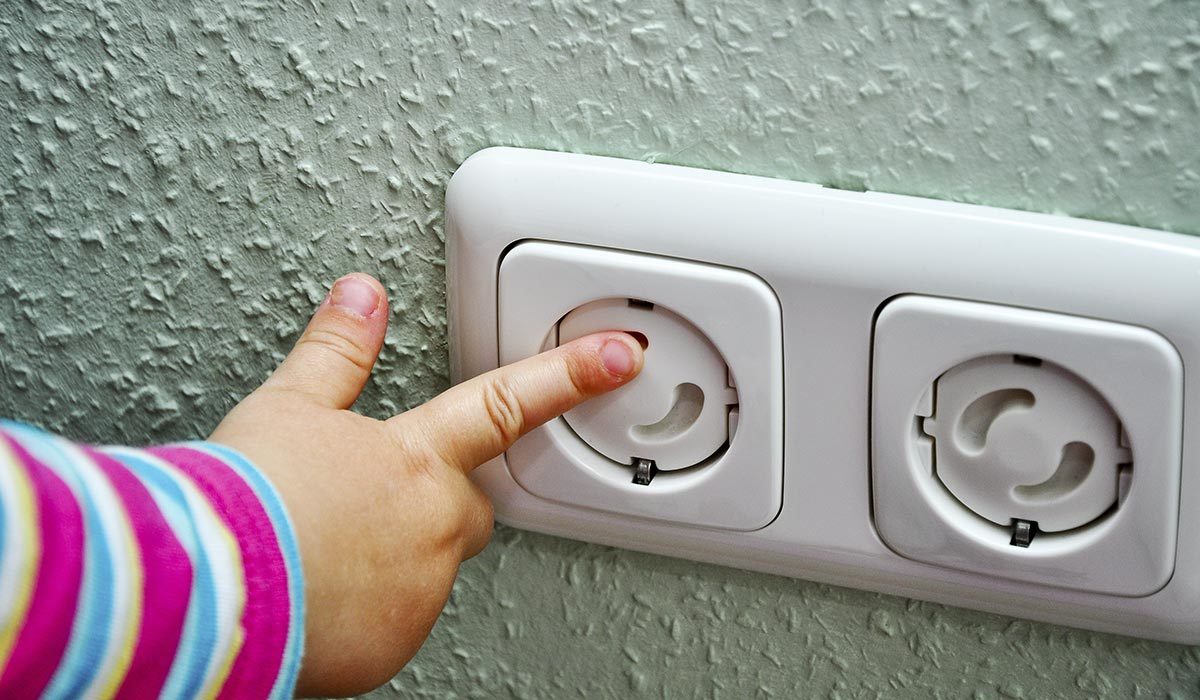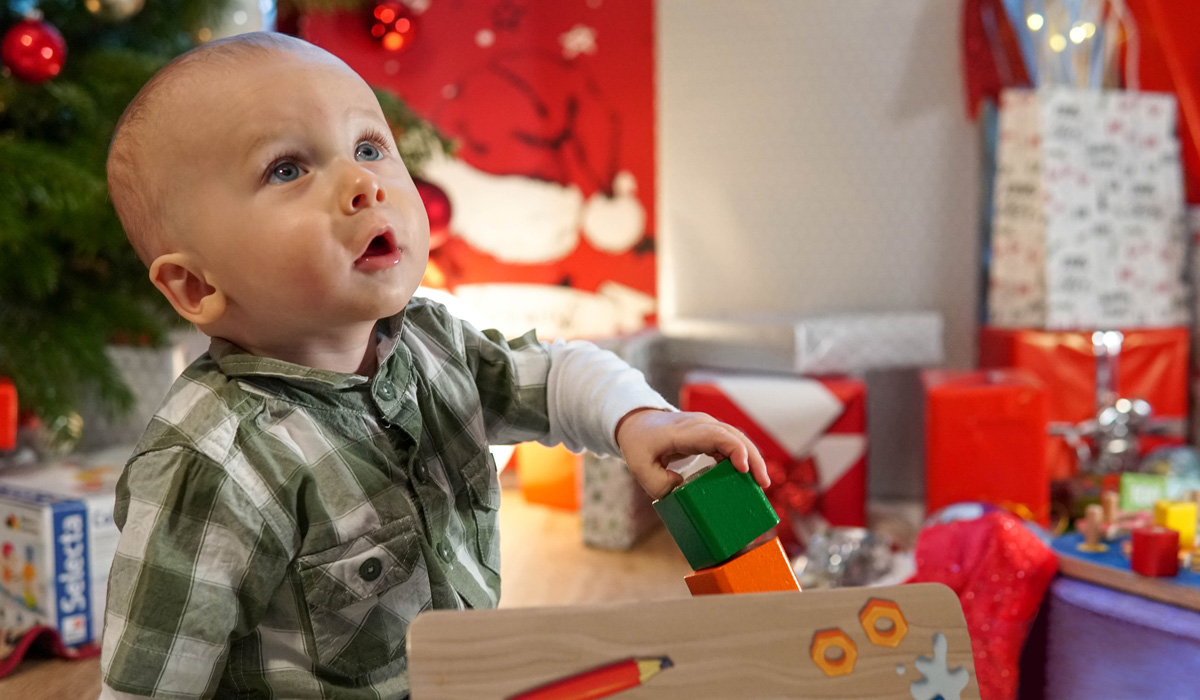A good friend is the best thing in the world, as an old German hit from the 30s had it. Then as now, that message holds true, even for small children. Of course, friendship between young children is different from that between adults. Read on to find out how children make friends and the extent to which parents can support their children in this process.
To a child there is nothing better than romping around outside with their best friends and exploring the world. Or building castles with dens in the sandpit and getting absorbed in peacefully painting pictures. Parents are happy when their child frolics around or becomes absorbed in a game with other children and forgets the world around them.
Yet playing with friends is not just fun. When children play together, they develop language capabilities and important social skills such as asserting themselves or making concessions. Educationalists agree that friendships between children are a necessary foundation for communicative, social and moral learning. Good relationships between children are therefore important for their entire lives.
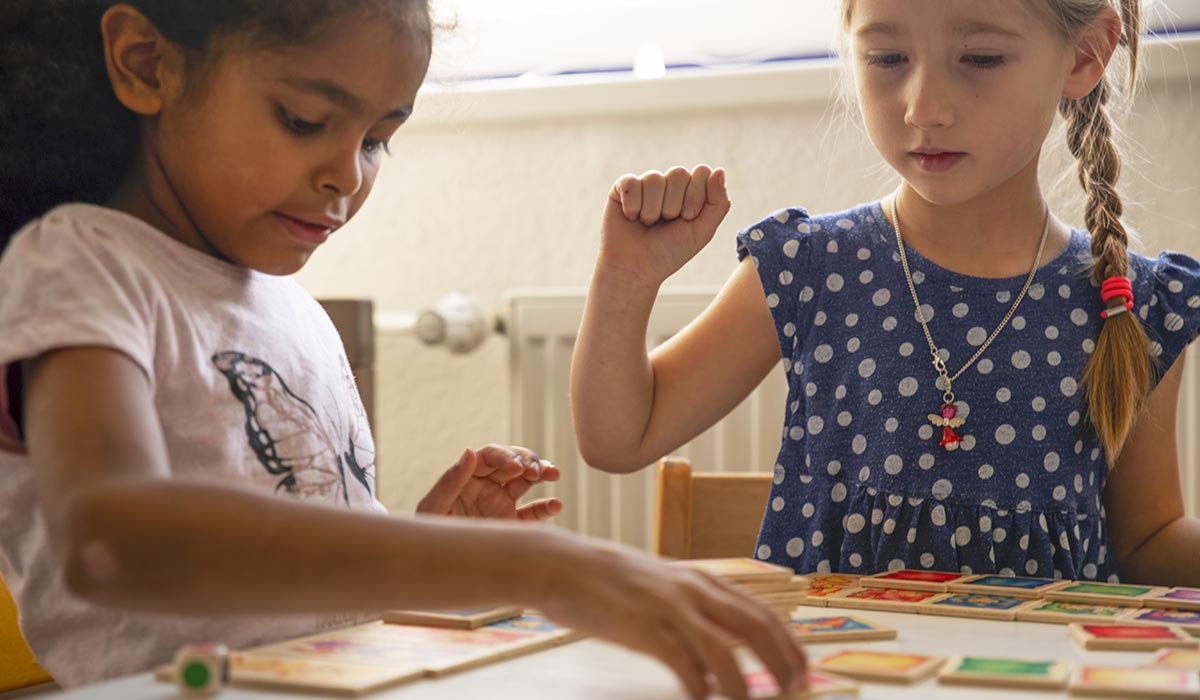
Friendships grow with your child
Children select friends according to whether they share similar characteristics or the same interests. Even more important than these criteria is whether that the potential friend is easy to reach, for instance because they live close by.
The age and gender of the child also play an important role. For very small children, someone they happen to meet at the playground instantly becomes their friend. These sandpit friendships are made spontaneously and ended again just as fast, often within only a few hours. Thus these are more like friendships of convenience, based solely on mutual play.
It is only between their third and fourth years of life that children are able to consciously forge real friendships. At this stage they start to develop an awareness of their own identity and empathy for other people. From then on, children generally prefer friends of their own gender, even when girls and boys meet together in mixed groups.
4 tips for helping your child to find friends
- Let your child seek out friends alone! Small children have no prejudices, and social background, nationality, skin colour and religion are irrelevant to them, so your child should be allowed to choose who they want to make friends with.
- Don’t force the issue: Every child has their own approach to making friends. If your child is shy, then give them time and don’t overload them with too many contacts. Your child should also be allowed to decide for themselves when to approach other children for the first time. Some children prefer to look on quietly first before they venture towards children they don’t know.
- Encourage the urge to play: Children who can use their imagination when playing are especially fascinating to their peers. Starting when they are very young, give your child suggestions for a wide variety of different games that they can play alone or with other children.
- Provide models of friendship: Parents who actively maintain amicable contact with friends and family are good role models for their children. Invite visitors and make your child the ‘co-host’ by giving them small tasks. This way, they will learn through play how to take care of others’ wellbeing.
Great play inspiration for little friends
You can find even more play inspiration with Selecta’s high-quality wooden toys here

